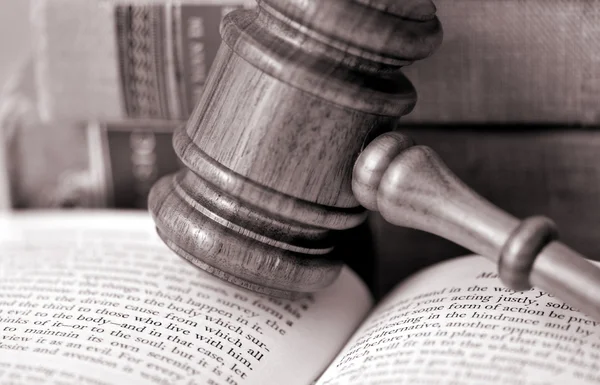A Norwich Pharmacal Order (NPO), also known as a Norwich Order or simply a Pharmacal Order, is a legal remedy used in common law jurisdictions, particularly in the United Kingdom. It enables an applicant to compel a third party to disclose information or documents about another party who is involved in wrongdoing or potential legal action, even if that third party is not directly involved in the wrongdoing itself.
The name “Norwich Pharmacal” originates from a landmark case in English law, Norwich Pharmacal Co. v. Customs and Excise Commissioners (1974), which established the principle behind this legal remedy. In this case, the Norwich Pharmacal Company sought the assistance of the Customs and Excise Commissioners to identify parties involved in an alleged patent infringement scheme. The House of Lords ruled that the Commissioners could be compelled to disclose the identities of the wrongdoers.
The key features of a Norwich Pharmacal Order are its equitable nature and its application in cases where the applicant has suffered an injustice or requires assistance to assert their legal rights. It’s commonly used in situations involving fraud, intellectual property infringement, defamation, and other forms of civil wrongdoing where the identity of the wrongdoer is unknown or difficult to ascertain.
To obtain a Norwich Pharmacal Order, the applicant must demonstrate several factors to the court:
- Involvement of the Third Party: The applicant must show that the third party against whom the order is sought is somehow involved or mixed up in the wrongdoing. This involvement could be direct or indirect, but it must be sufficient to justify the court’s intervention.
- Need for Disclosure: The applicant must establish a genuine need for the disclosure of information or documents held by the third party. This could include the need to identify a wrongdoer, gather evidence for legal proceedings, or prevent further harm or injustice.
- No Other Adequate Remedy: The applicant must demonstrate that there is no other adequate remedy available to them. This requirement ensures that Norwich Pharmacal Orders are used as a last resort when other avenues for obtaining the necessary information or documents are unavailable or ineffective.
Once these conditions are met, the court has the discretion to grant a Norwich Pharmacal Order, compelling the third party to disclose the requested information or documents. The order typically outlines the scope of the disclosure, the manner in which it should be provided, and any safeguards to protect sensitive information.
One of the key benefits of a Norwich Pharmacal Order is its ability to facilitate the gathering of evidence and the identification of wrongdoers in complex legal disputes. It allows victims of wrongdoing to pursue their legal rights more effectively by obtaining essential information from third parties who may have knowledge of the wrongdoing.
However, Norwich Pharmacal Orders are not without limitations and considerations:
- Potential Abuse: There is a risk that Norwich Pharmacal Orders could be abused to obtain information for improper purposes or to harass innocent third parties. Courts must carefully consider the merits of each application to ensure that it is legitimate and justified.
- Confidentiality and Privacy: Norwich Pharmacal Orders may involve the disclosure of sensitive or confidential information held by third parties. Courts may impose confidentiality provisions or other safeguards to protect the privacy rights of affected parties.
- Costs and Burden: Compliance with Norwich Pharmacal Orders can impose costs and administrative burdens on third parties, particularly if they are required to search through large volumes of records or data to identify the requested information.
Overall, Norwich Pharmacal Orders play a crucial role in facilitating access to justice and combating wrongdoing in legal proceedings. They empower victims of injustice to uncover the truth, gather evidence, and assert their legal rights effectively, even in situations where the wrongdoer’s identity is initially unknown or concealed. However, their use must be carefully regulated to prevent abuse and safeguard the rights of all parties involved.
For further information on this topic or on any other legal area, please contact John Szepietowski or Kay Stewart at Audley Chaucer Solicitors on 01372 303444 or email admin@audleychaucer.com or visit our Linkedin page.
This information was correct as of May 2024
